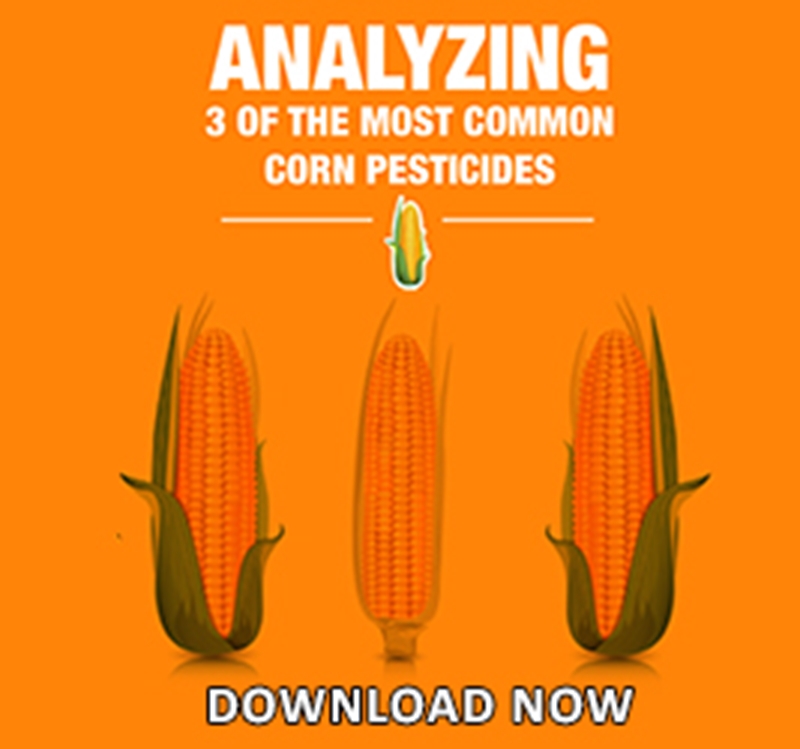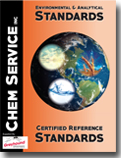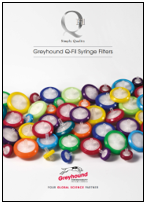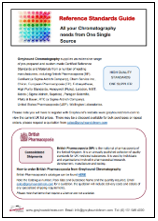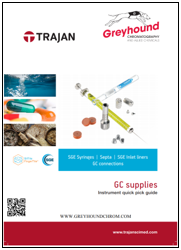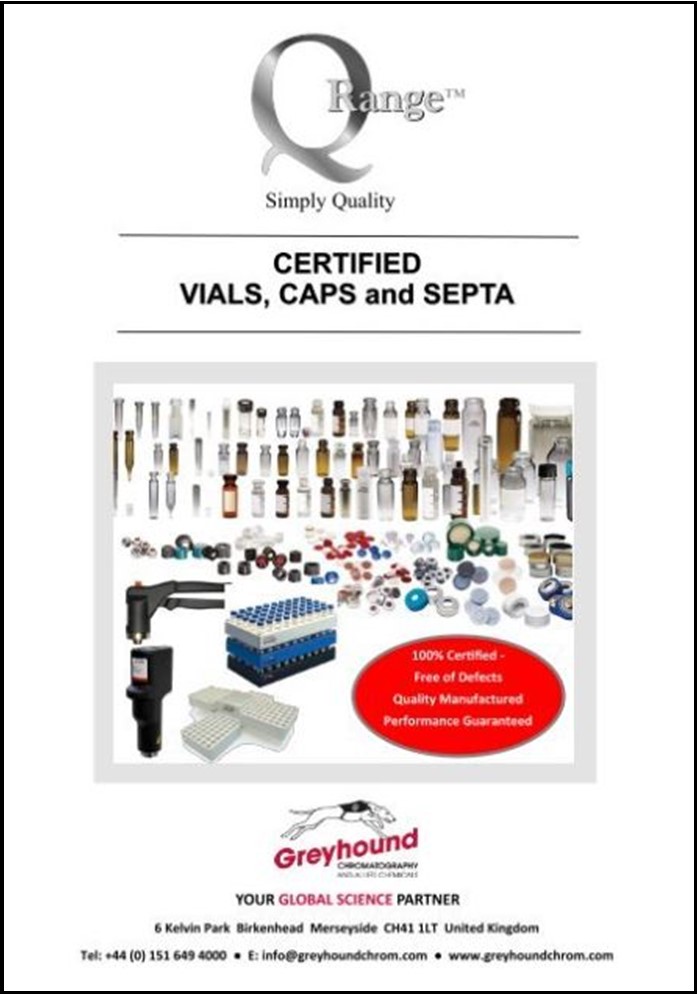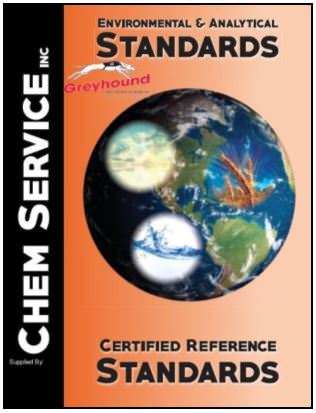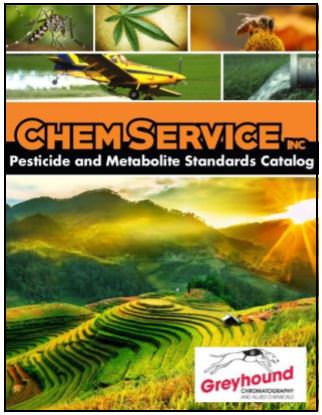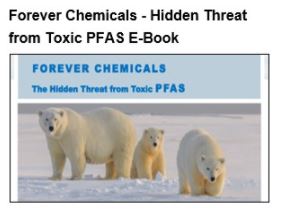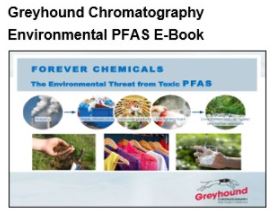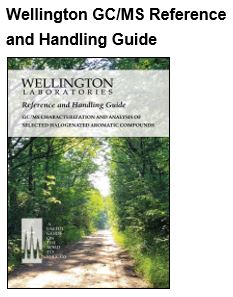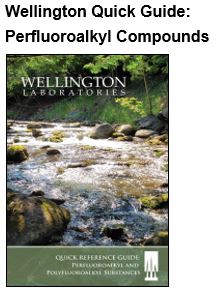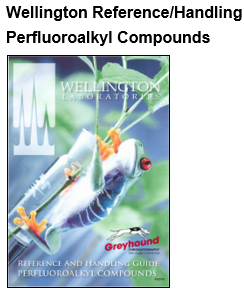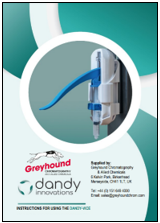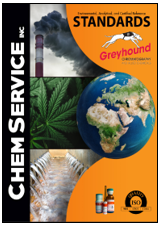PFAS - a Growing Environmental Concern

![]()
An entire class of chemicals, best known for their water-resistant properties, has come under fire recently from a number of environmental scientists and health officials. Perfluoroalkyl and polyfluoroalkyl substances or PFASs, which are used in everything from sleeping bags to pizza boxes, may be responsible for or contribute to a number of health and environmental problems.
As The New York Times reported, the criticism of this class of chemicals came to a head on May 1 when a number of top scientists voiced concerns about chemical manufacturers' confidence in the safety of certain PFASs and the manufacturers responded.
What are PFASs?
PFASs are a class of chemicals that include perfluorinated chains. The chemical structure of PFASs are like many other perfluorinated compounds or PFCs and can prevent water from absorbing or liquids from staining. PFASs may have been best known as the key ingredient in the DuPont chemical, Teflon, which prevented sticking for cookware among other uses.
As The New York Times noted however, the original PFAS used in Teflon was banned by DuPont and other major manufacturers after there was a link established between it and health concerns such as cancer. This chemical and other long-chain PFASs have been well established to persist in the human body for years after exposure. Many counties have also banned long-chain PFASs.
DuPont and the other chemical companies now alternative short-chain PFASs instead, which they have explained as safe for human exposure.
PFASs are used in a number of manufactured products where water resistance is important. Some of these materials include, boots, camping equipment, firefighter gear, fire extinguishers and electronics, The Times pointed out.
The Madrid Statement
While the chemical industry has maintained that long-chain PFASs were the issue and the short-chain PFASs are safe, a number of scientists published a statement reviewing known scientific research around PFASs and calling for reforms. Labeled the "Madrid Statement," it called on scientists, chemical manufacturers, governments, professional users, retailers and even consumers to take action ranging from better labeling to avoiding the use of PFASs altogether. More than 220 scientists signed the statement, which was authored by 14 international scientists from some of the top universities and organizations on the globe.
The statement asks chemical manufacturers to make data on PFASs more available to the public, including information about standards samples and supply chain data. Additionally, the scientists called on these companies to develop better, safer alternatives and work with scientists on developing more responsible methods for disposal.
Aside from advising these bodies, the statement made a seven point argument for why the authors are "concerned" with production and use of PFASs. Along with environmental concerns the scientists noted the correlations between PFASs and animal harm.
"In animal studies, some long-chain PFASs have been found to cause liver toxicity, disruption of lipid metabolism, the immune and endocrine systems, adverse neurobehavioral effects, neonatal toxicity and death, and tumors in multiple organ systems," the statement read, citing relevant studies. "In the growing body of epidemiological evidence, some of these effects are supported by significant or suggestive associations between specific long-chain PFASs and adverse outcomes, including associations with testicular and kidney cancers, liver malfunction, hypothyroidism, high cholesterol, ulcerative colitis, lower birth weight and size, obesity, decreased immune response to vaccines, and reduced hormone levels and delayed puberty."
The FluoroCouncil's retort
In response to the Madrid statement, and also released on May 1, the FluoroCouncil published an article in the journal Environmental Health Perspectives. EHP is funded by the National Institute of Environmental Health Sciences, National Institutes of Health, U.S. Department of Health and Human Services. The FluoroCouncil's members are Archroma Management LLC, Arkema France, Asahi Glass Co., Ltd., Daikin Industries, Ltd., DuPont Company, and Solvay Specialty Polymers. It is a division of the American Chemistry Council.
The FluoroCouncil article explained that it supported the policy recommendations if there were to be exclusively applied to long-chain PFASs. Additionally, it said it wouldn't support the same policy recommendations in relation to the entire class of chemicals.
The council's statement in EHP argued that the Madrid Statement failed to mention the importance of PFASs to modern life, scientific evidence that supports the safety of certain PFASs and the effort chemical companies have been and are making toward reforms.
Tom Staple, the head of risk management for the DuPont department that makes PFASs echoed the EHP article's points to The New York Times.
"We don't dismiss the right of folks to debate this," Samples told the newspaper. "But we just believe based on the 10-year history of extensive studies done on the alternatives, that the regulatory agencies have done their job of determining that these things are safe for their intended uses."
The fluorotechnology industry made about $19.7 billion in 2013, the Times reported. PFASs have also been a significant part of DuPont's business.
For over 38 years Greyhound Chromatography has been supplying high quality Chromatography consumables to laboratories around the world. Greyhound’s extensive range covers all areas of Environmental, Petrochemical, Food, Forensics, Chemical and Pharmaceutical analysis. Backed by a highly experienced technical services team, Greyhound is the preferred source amongst today’s analysts.
Greyhound Chromatography is pleased to supply Chem Service Certified Reference Standards to Research and Analysis laboratories worldwide.
The benefits of using Chem Service Certified Reference Standards:
High Quality: High purity chemicals for use as certified reference materials
Cost Effective: Products packaged in small quantities to minimize expenses
Wide Selection: 1,200 pesticide and metabolite reference standards (including banned and discontinued items)
Certification backed with experience: 50 years of experience. ISO 9001:2008 : ISO/IEC 17025:2005 certification :
ISO Guide 34:2009 For Organic Reference Material
CONTACT US
Tel: +44 (0) 151 649 4000
Email: marketing@greyhoundchrom.com
FOLLOW US
YOU MAY ALSO BE INTERESTED IN OUR NEWSLETTER

